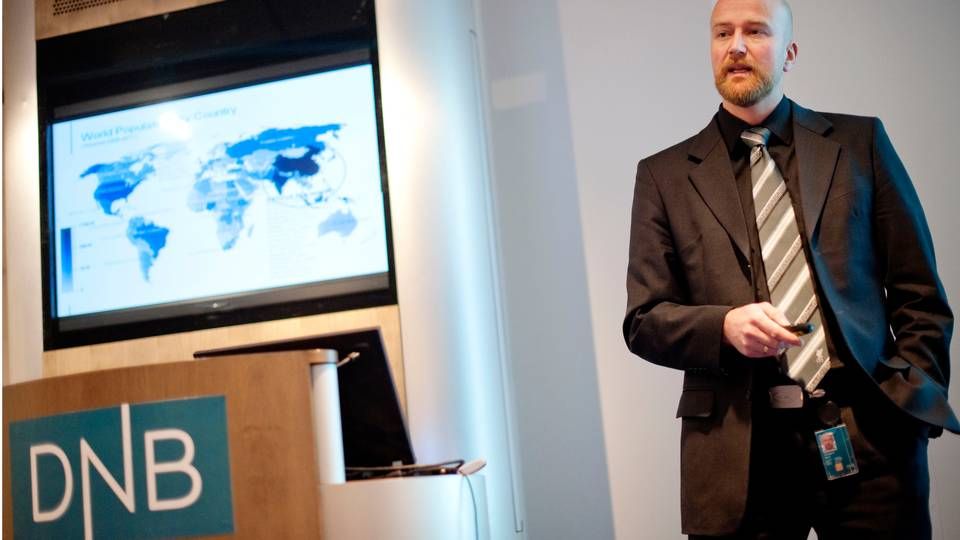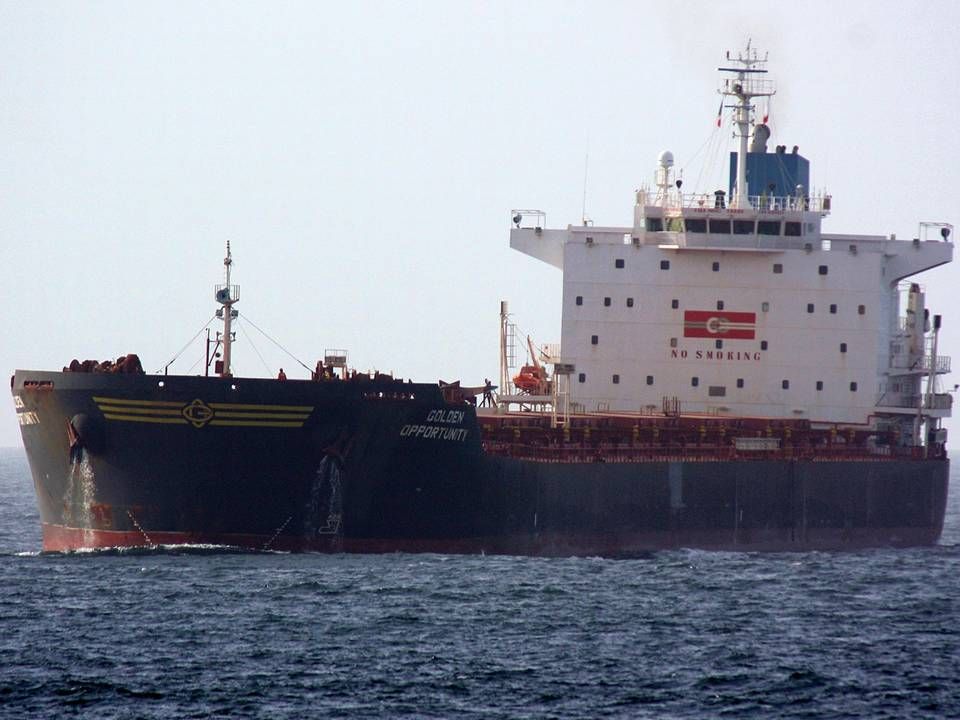How sulfur regulations prompted a Norwegian analyst to switch jobs

Torbjørn Kjus and his team at DNB Markets sat up and took notice last Autumn when the IMO announced that the new sulfur regulations would take effect in 2020, not 2025, which many had hoped for.
Here, analysts began to seriously consider how shipowners had thus far dodged the law, he explains in an interview with ShippingWatch in connection with a new role that will focus on the global sulfur regulations.
"This creates a lot of trade possibilities," he says.
At the beginning of July, Kjus took up a new position as fund manager for Vistin Trading AS, which invests in energy negotiations where global sulfur regulations provide favorable trade opportunities, says Kjus.
This marks a huge shift, with carriers weighing up different approaches to complying with the new global sulfur rules, which will require ships globally cannot sail on bunker containing over 0.5 percent sulfur unless they have a scrubber installed.
Refineries are behind
Recently, many of the larger carriers have proclaimed their faith in scrubbers with orders of up to 22 vessels, such as the one placed by bulk carrier Star Bulk.
However, while many are announcing their strategies in response to the new rules, there is limited room to get systems installed. Kjus predicts that there will be room to install a total 2,000 scrubbers ahead to 2020. This passes the buck onward to the refineries industry.
According to Kjus, refineries have thus far not invested enough in the development. It takes five years before an investment in cracker, which can eliminate sulfur from high sulfur oil, takes effect. And it will still leave excess product which will be difficult for refineries to eliminate.
"A refinery cannot not to produce the product. If they could, they would already have produced it. So the excess product is always cheaper, price wise, than the rest of the chain, and if the introduction of the regulations had been pushed back to 2025, there would have been time to invest in new equipment for refineries. But now, time has run out, and even all the projects in all the world's refineries are not enough," he says:
"The price difference between HFO and marine gas oil will be huge."
Must compete with coal
Kjus believes that the surplus product will end up in electricity production when shipping no longer needs as much of it.
Today, the shipping industry accounts for 50 percent of the global market, however natural gas and coal are primarily used for power plants, meaning that high sulfur fuel will end up competing with coal, says Kjus.
With today's USD 400 price per ton, the fuel faces a significant decline in 2020 and could fall to under USD 130 per ton if it is to compete with coal.
"There is a huge price decline for such a product and is an example of a huge trade opportunity which the market has not put a price on yet," says Kjus.
He has worked with the oil market for 17 years and has now opted to sit on the other side of the table, where he can negotiate instead of giving ideas to others. At Vistin, he is joined by a colleague from DNB and they will take up positions in the market for oil derivatives for crude oil and refined products.
"This is just one of many themes that we will look at in the new company. When we saw all of these huge consequences that we think will pop up in 2020, and also because many shipowners thought it would be delayed. However it will end up happening, and compliance will be high," he says, adding:
"Parties need to maintain their relationship with banks and insurance. Banks cannot work with customers who cheat. The same goes for insurance companies. You will end up with a vessel that cannot be insured, if you get caught cheating."
English Edit: Lena Rutkowski
Related articles
Alfa Laval's marine orders skyrocket in second quarter
For subscribers
Global sulfur rules could prolong bulk recovery
For subscribers


















